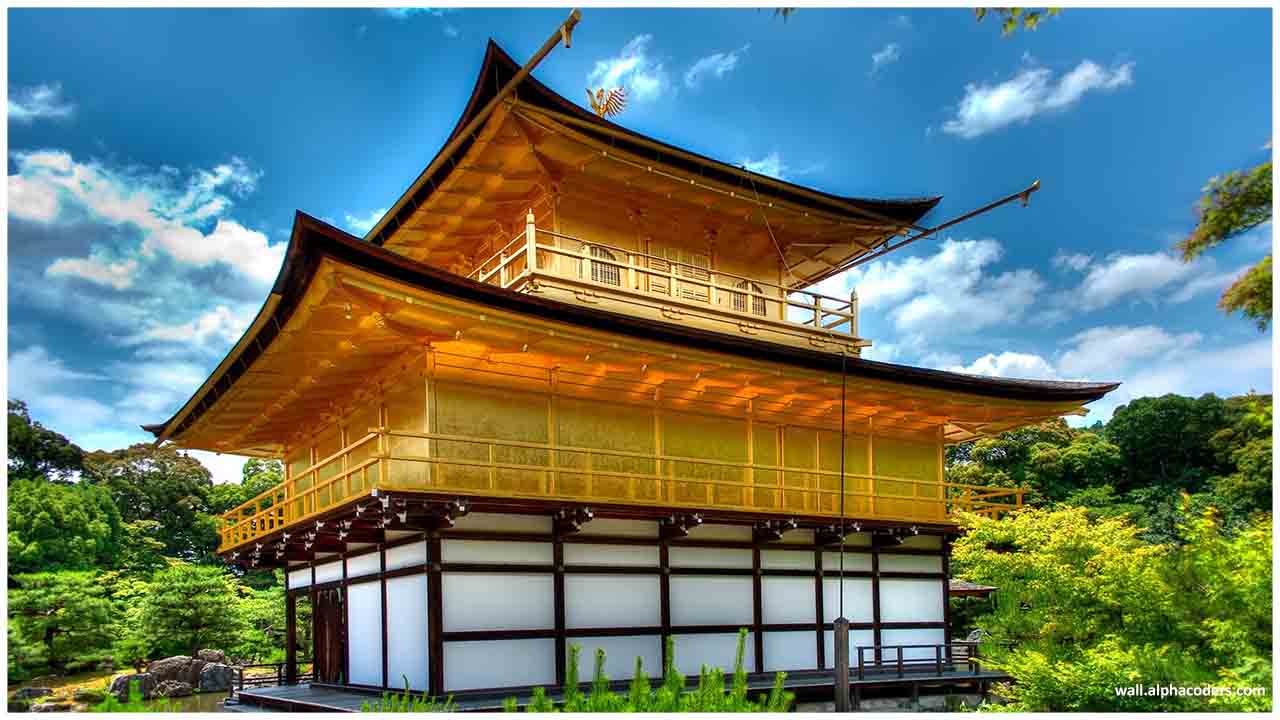A couple of hours after dusk a week ago, Thi Tu Luong hauled her bag down a side road in Tokyo's business area, searching for the sanctuary that would take her in for the evening.
Luong, a 22-year old Vietnamese laborer, had recently been terminated from her position at lodging in an underground aquifers town north of Tokyo.
Following a couple of moments of strolling the road, she saw Jiho Yoshimizu, who runs a care group for Vietnamese specialists, waving her in from the passage of a solid structure.
The three-story Buddhist sanctuary, Nisshinkutsu, has become a safe house for youthful Vietnamese vagrant specialists, one of the gatherings hardest-hit by the monetary droop that followed the novel coronavirus episode in Japan.
"I felt deserted," said Luong, soon after she showed up at the sanctuary. "I'm simply extremely appreciative I can be here."
Tricked by higher wages yet frequently troubled by the obligation to scouts, Vietnamese are the quickest developing gathering of outsiders in Japan. They numbered 410,000 out of 2019, up 24.5% from the earlier year.
In conventional occasions, nuns at the sanctuary would offer supplications for the people in question, yet with the coronavirus overturning the economy, they currently invest their energy making care bundles for Vietnamese dispersed the nation over.
Inside the sanctuary, youthful Vietnamese laborers whose lives are in an in-between state study Japanese, cook Vietnamese food, search for work, or book flights home.
"We do everything. We deal with individuals from when they're inside the belly too when they're inside an urn," said Yoshimizu, who heads the Japan-Vietnam Coexistence Support Group, a not-for-profit based out of the sanctuary.
The sanctuary got known to Vietnamese circles after it took in Vietnamese specialists who were left destitute after the 2011 quake in northern Japan.
As Yoshimizu's notoriety spread in the network, she began getting messages from youthful Vietnamese - including ladies looking for premature births, laborers who were suddenly excused with no place to go, and workers escaping harsh businesses.
In 2019, Yoshimizu dealt with around 400 cases, however since April that number has spiked. She currently gets somewhere in the range of 10 and 20 messages every day, all requests for help from Vietnamese across Japan.
"I've lost check," she stated, sitting close to a telephone that signals and rings incessantly with calls and messages from work merchants, businesses, and urgent Vietnamese specialists.
"Nobody else in Japan right currently can give this sort of help," she said.
When Luong was terminated all of a sudden and advised to leave her dormitory, she went to Yoshimizu for help.
"I have no activity, no spot to remain at this moment. If you don't mind please support me," Luong informed Yoshimizu. "Would I be able to go to the sanctuary today?"
Luong moved on from a professional school in March and began occupation in mid-April at a very good quality inn in Nikko, a vacationer goal known for its sanctuaries.
In any case, she said she wasn't given any work and went through her days in an apartment with nothing to do. Luong said she was paid around 30,000 yen ($279.04) in May and didn't know whether she had been paid in June. An agent of the inn where she worked revealed to Reuters they were not in a situation to remark since they didn't utilize Luong legitimately.
Numerous Vietnamese specialists show up in Japan as understudies or students, making them subject to their managers and in this manner powerless against misuse and abuse.
Yoshimizu talked in parliament a month ago to encourage the legislature to accomplish more to help Vietnamese understudies who don't have business protection.
"The current government's coronavirus strategy is centered around helping the Japanese first," Yoshimizu said.
($1 = 107.51 yen)

 Luong, a 22-year old Vietnamese worker, had just been fired from her job at a hotel in a hot springs town north of Tokyo.
Luong, a 22-year old Vietnamese worker, had just been fired from her job at a hotel in a hot springs town north of Tokyo.









.jpeg)

.jpeg)
.jpeg)

.jpeg)


.jpeg)



.jpeg)
.jpeg)
.jpeg)


.jpg)


.jpeg)
.jpeg)